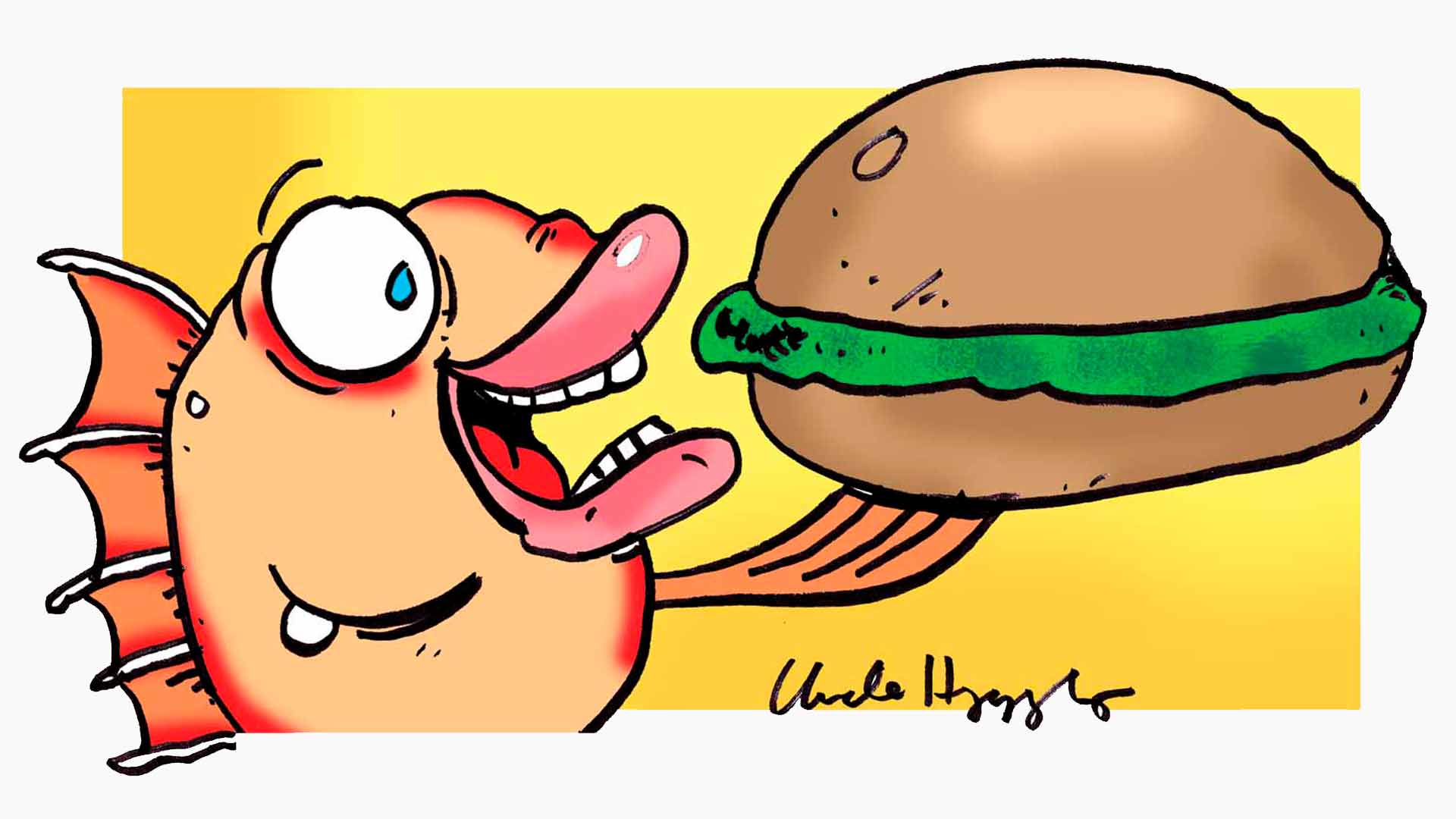Editor’s note: As a service to our readers, we provide news about the work of others in ag utilization. Often, research done elsewhere complements AURI’s work. Please note that ARS is the USDA’s research division.
Algae burger anyone?
 Dutch researchers are extracting proteins, oils and carbohydrates from cold water algae, which could lead to a new protein source and a meat replacement. Scientists at the Netherland’s TNO research institute say algae is also a good source of omega-3 and omega-6 fatty acids. They expect it will take at least two years to develop extraction and refining techniques before the algae ingredients are ready to market.
Dutch researchers are extracting proteins, oils and carbohydrates from cold water algae, which could lead to a new protein source and a meat replacement. Scientists at the Netherland’s TNO research institute say algae is also a good source of omega-3 and omega-6 fatty acids. They expect it will take at least two years to develop extraction and refining techniques before the algae ingredients are ready to market.
From: Foodnavigator.com
August 4, 2010
SUV recycled
The Ford Motor Company has announced the 2011 Explorer made from 95 percent recyclable materials — including fiber, steel and soy-based foams. The seat cushions and backs are made with 40 percent soy urethane, which the company says reduces their annual petroleum use by more than 10,500 barrels.
From: Ford Motor Company
August 6, 2010
Veggie packaging
Steelcase, the global office equipment manufacturer, has started shipping some products in biobased packaging made from agricultural leftovers. Produced by the Ecovative company, the EcoCradle packaging material is made from cotton seed hulls and mushroom roots. The product is completely degradable, breaking down in approximately 30 to 45 days.
From: Biobasednews.com
June 14, 2010
Smooth takeoffs

A soy-based sealant is giving Air Force planes a smooth liftoff. RePLAY is designed to penetrate asphalt and repel moisture while strengthening and repairing existing pavement without impacting skid resistance. The soy-based product has been cleared for takeoff at Tyndall Air Force Base in Florida.
From: Biobasednews.com
July 22, 2010
Compost socks
Filter socks, mesh tubes filled with compost, are very effective at removing contaminants from storm water runoff, ARS researchers have discovered. The tubes capture silt, heavy metals, fertilizers and petroleum products washed from compacted surfaces such as construction sites and storm water drains, thereby protecting nearby streams, rivers and lakes.
ARS researchers also added flocculation agents, which cause sediments and pollutants to form larger clumps, making them easier to filter. Scientists found the tubes with flocculating agents removed even more pollutants from runoff, including 99 percent of E. coli bacteria, 99 percent of motor oil, more than half the gasoline and from 47 to 74 percent of heavy metals.
From: USDA-ARS
July 23, 2010
Tooth friendly pop
 Long considered a tooth decay culprit, German research shows that soft drinks could be formulated to help protect teeth. Scientists at the Institute of Materials Science and Technology determined that food gums, derived from ingredients such as milk proteins, provided a protective layer on tooth enamel. The gums could be added to soft drinks to protect teeth from decay and enamel softening.
Long considered a tooth decay culprit, German research shows that soft drinks could be formulated to help protect teeth. Scientists at the Institute of Materials Science and Technology determined that food gums, derived from ingredients such as milk proteins, provided a protective layer on tooth enamel. The gums could be added to soft drinks to protect teeth from decay and enamel softening.
From: Dental Materials
August 4, 2010
Cinnamon to the rescue?
A USDA research project suggests cinnamon extract could help reduce diabetes and heart disease risk factors. The water-soluble extract was given to study participants considered pre-diabetic, with blood glucose levels higher than normal but not yet high enough to be diagnosed with diabetes. Study participants who received the cinnamon extra showed marked reduction in blood glucose levels and an increase in antioxidant levels.
From: USDA-ARS
August 24, 2010
Corn plastic beats the heat
Polylactic acid or PLA is a plastic made from fermented corn sugar that is used in a range of products such as containers, clothing and building materials. But the bioplastic doesn’t hold up when “hot filled” juices or ketchup are poured into containers while they are still hot from pasteurization. So USDA researchers have developed a heat-deflection temperature modifier that could be blended with PLA to make it more heat tolerant. The modifier is more than 90 percent corn-based and fully biodegradable.
From: USDA-ARS
September 1, 2010
